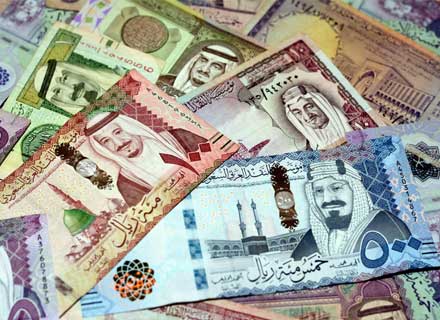The Global Sovereign Wealth Fund’s (SWF) Scoreboard for Governance, Sustainability, and Resilience (GSR) for 2023 shows the highest improvement for the Public Investment Fund (PIF) of Saudi Arabia and the ADQ of the United Arab Emirates.
According to a report by the wealth fund tracker, of the funds graded in both 2022 and 2023, 69 received higher grades, 94 received no change, and just 22 received negative marks.
PIF (+32%) is able to sustain its exceptional growth by implementing best practices, according to the report. Its annual report is a unique example of transparency that includes audit accounts, the evolution of assets under management, asset allocation, return and assets. Its chairman also declared a “net zero by 2050” commitment in November 2022.
Oman’s OIA (+28%) is also striving for operational excellence and identity following the merger of two different organizations and portfolios – SGRF and OIF – in 2020, creating a new framework to align with the SDGs.
Abu Dhabi’s ADQ (+24%) recently released a new and detailed website and its first sustainability report with plenty of details and metrics. Ahead of COP28, to be celebrated in the United Arab Emirates in December 2023, the Abu Dhabi SWF wants to make a mark by aligning national priorities with the SDGs.
Egypt’s TSFE (+24%) is following the lead of its eastern neighbours in pursuing concrete goals and sustainable policies that are in line with the responsible investment framework. Its website now provides insight into the fund’s regulations, including the SWF Law, and measures such as its cross-sector investments and its contribution to Egypt’s GDP.
The global SWF evaluated 200 SOIs from 81 different countries in the fourth edition of the GSR Scoreboard. The GSR Scoreboard was first introduced by the Global SWF team in 2020 as an assessment tool for the best practices of certain institutional investors, including sovereign wealth funds and public pension funds.

